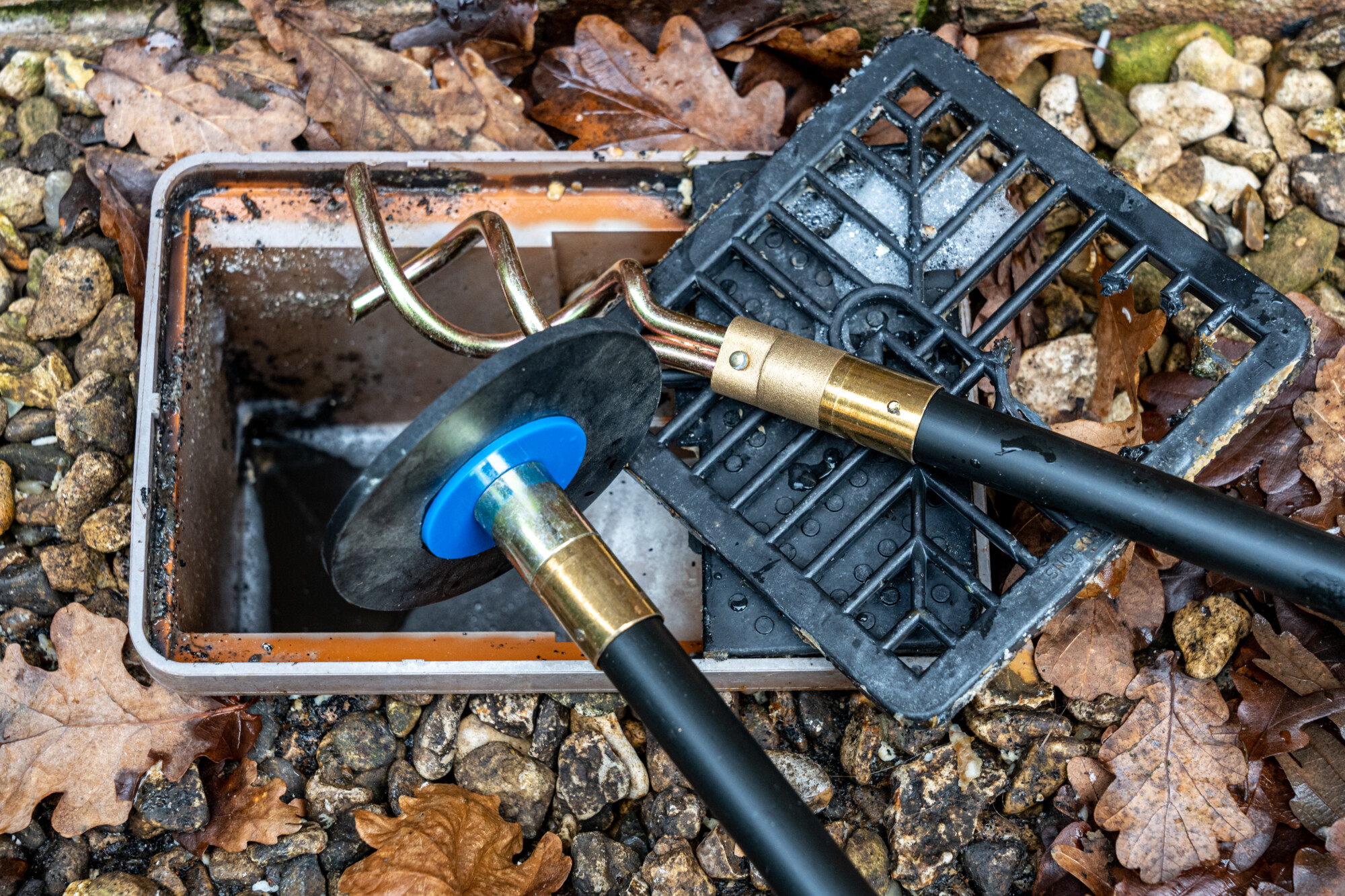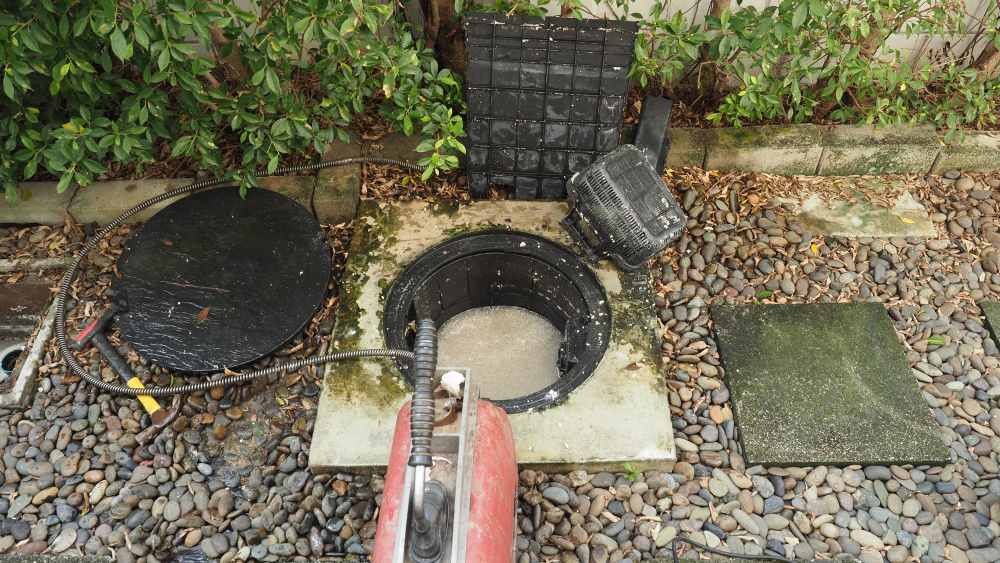What to Deal with a Blocked Drain Prior to Contacting Professional Assistance
What to Deal with a Blocked Drain Prior to Contacting Professional Assistance
Blog Article
Right here on the next paragraphs you can discover a lot of high-quality points when it comes to How to handle a clogged drain in your home.

Introduction
Taking care of a blocked drainpipe can be an irritating experience, disrupting everyday activities and possibly creating damages to your home. However, before reaching out to plumbing specialists, there are actions you can take to address the problem on your own. In this guide, we'll explore DIY solutions and safety nets to take on a blocked drain efficiently.
Recognizing the Issue
The very first step in resolving a blocked drain is acknowledging the indications. Slow water drainage, gurgling audios, foul odors emanating from drains, or water backing up prevail signs of a blocked drainpipe. Identifying these indications early can help avoid better complications.
Common Reasons For Blocked Drains
Understanding the elements that add to drain pipes blockages is important for reliable resolution. Typical offenders consist of hair, soap residue, grease, food debris, and foreign things like hygienic products or paper towels. Tree roots invading below ground pipes can likewise create substantial obstructions.
DIY Solutions
For small blockages, a number of do it yourself services can be effective. Pouring boiling thin down the drainpipe can help liquify oil and debris. Sodium bicarbonate and vinegar or a combination of salt and cooking soft drink can work as all-natural cleansers. Utilizing a bettor or plumbing serpent to dislodge obstructions is one more choice.
Devices and Equipment
Having the right devices accessible can make do it yourself drain cleaning extra reliable. A plunger is a versatile tool for removing blockages in sinks, toilets, and showers. A pipes serpent or auger can reach deeper obstructions, while drainpipe cleaning chemicals can be made use of meticulously for persistent clogs.
Safety nets
To avoid future obstructions, taking on preventive measures is essential. Install drainpipe guards or filters to capture hair and particles before they go into the pipes. Regularly flush drains pipes with warm water to dissolve oil build-up, and prevent disposing of grease or strong waste down the drain.
When to Call an Expert
While DIY solutions can settle minor clogs, particular indications indicate the need for expert help. Persistent blockages, foul odors in spite of cleaning up initiatives, or numerous drains pipes backing up concurrently are red flags that warrant experienced intervention.
Selecting the Right Plumbing Solution
When picking a plumbing solution, consider aspects such as experience, licensing, and consumer testimonials. Pick a trustworthy plumber with a track record of high quality handiwork and clear rates practices.
Cost Factors to consider
The cost of specialist drainpipe cleaning services can vary relying on the severity of the blockage and the plumber's prices. Demand quotes from multiple companies and ask about any surcharges to ensure transparency and stay clear of shocks.
Safety Precautions
When attempting DIY drainpipe cleaning, focus on safety and security. Use safety gloves and eyewear to stay clear of contact with harmful chemicals or bacteria. Never ever mix different drainpipe cleansing products, as this can generate harmful fumes.
Case Researches
Real-life instances show the effectiveness of do it yourself services and the relevance of timely specialist intervention in settling drain obstructions.
Final thought
By complying with the suggestions laid out in this guide, you can effectively tackle blocked drains pipes and protect against future plumbing issues. Whether selecting DIY services or seeking specialist help, prompt activity is key to preserving a healthy and balanced pipes system and maintaining the honesty of your home.
How to Clear a Clogged Drain Yourself (And When to Call In the Professionals)
What Can Clog a Drain
Dirt Skin flakes Hair Grease Soap scum Food Offset pipes Tree roots Small objects Mineral buildup DIY Tricks to Unclog a Drain
You can fix this! Once you have identified the source of the clog (or have a vague idea), you can try one or a combination of these fixes in order to clear your plumbing.
Wire Hanger or Snake
Untangle and clear out hair from a drainpipe with a homemade snake. Use a straightened-out wire hanger with a 90-degree angle hook to locate the clog and drag out any unwanted material.
Remember not to push the clog further down to where the wire hanger cannot reach! If you need to follow up with a plunger, give it a try. Your efforts might be more successful after it’s been wire-snaked.
If you want to get fancy and don’t have a wire hanger to spare, head to the store and pick up a hand-operated drain snake. You can get one for $10-$30. It may save you the hassle, and provide additional length to reach deep into the clogged pipe.
Plunger
A cup plunger has a suction cup attached to a wooden handle. The rubber creates a seal around the drain, and increases the pressure force of the plunger.
Plunge for 30-second increments to loosen the clog. This may need to be repeated over the course of 15-20 minutes. Once plunged, run the water to flush the remaining material out of the drain.
Remember– never use a plunger if you have used a chemical drain cleaner. These chemicals can splash up from the force of the plunger and cause serious injury or burns.
Boiling Water
Hot water can sometimes break up materials into a flushable amount. Dirt, grease, and soap buildup requires heat in order to unstick from surfaces.
Take your kitchen kettle and heat your water to a boil. Once it reaches a rolling boil, pour it directly down the drain into the blockage. Carefully follow with plunging, if necessary.
Don’t worry if this takes more than one try! It can often take multiple kettles and repeated plunging in order to clear a particularly stubborn clog.
Chemical Drain Cleaner
As a last resort, pick up a bottle of chemical drain cleaner. Drain-cleaning chemicals are potent, and not very good for the environment.
You may need to wear protective eyewear in gloves before handling your bottle of chemical drain cleaner. Follow the instructions printed on the bottle, and flush with water as soon as the instructions allow. Do not follow with plunging.
Baking Soda and Vinegar
As a safer alternative to chemical drain cleaner, baking soda and vinegar can create a chemical reaction that clears tough clogs.
Combine one cup of cleaning vinegar with one cup of boiling water, and set aside. Once you have done this, pour half a cup of baking soda down the drain. Give the baking thirty seconds to settle and cover a large portion of the problem drain.
Following the baking soda, pour down your vinegar and hot water solution. Once the vinegar and baking soda combine, the mixture will bubble and fix. Let this reaction fizzle in the drain for about an hour.
After an hour, follow with a kettle’s worth of hot water. The heat and liquid should flush out any remaining material.
When to Call a Plumber
If your DIY attempts haven’t cleared your clog drain, it’s time to call in a professional. It’s not worth losing access to your kitchen sink or high-traffic bathroom. A clog in a vital area can keep you from the things you’d rather be doing, and derail your routine.
Anytime a clog is causing water to spread is a time to call in a plumbing service. What starts out as a little bit of water can quickly grow into serious, expensive water damage.
Additionally, a serious clog can result in burst pipes or serious leaks. Make sure you know when to take it seriously!
https://myguysnow.com/how-to-clear-a-clogged-drain-yourself-and-when-to-call-in-the-professionals/

Do you really like more info about ? Leave feedback further down. We'd be glad to see your reactions about this blog entry. Hoping that you visit us again in the future. Sharing is good. Helping others is fun. Thanks so much for taking the time to read it.
View Report this page